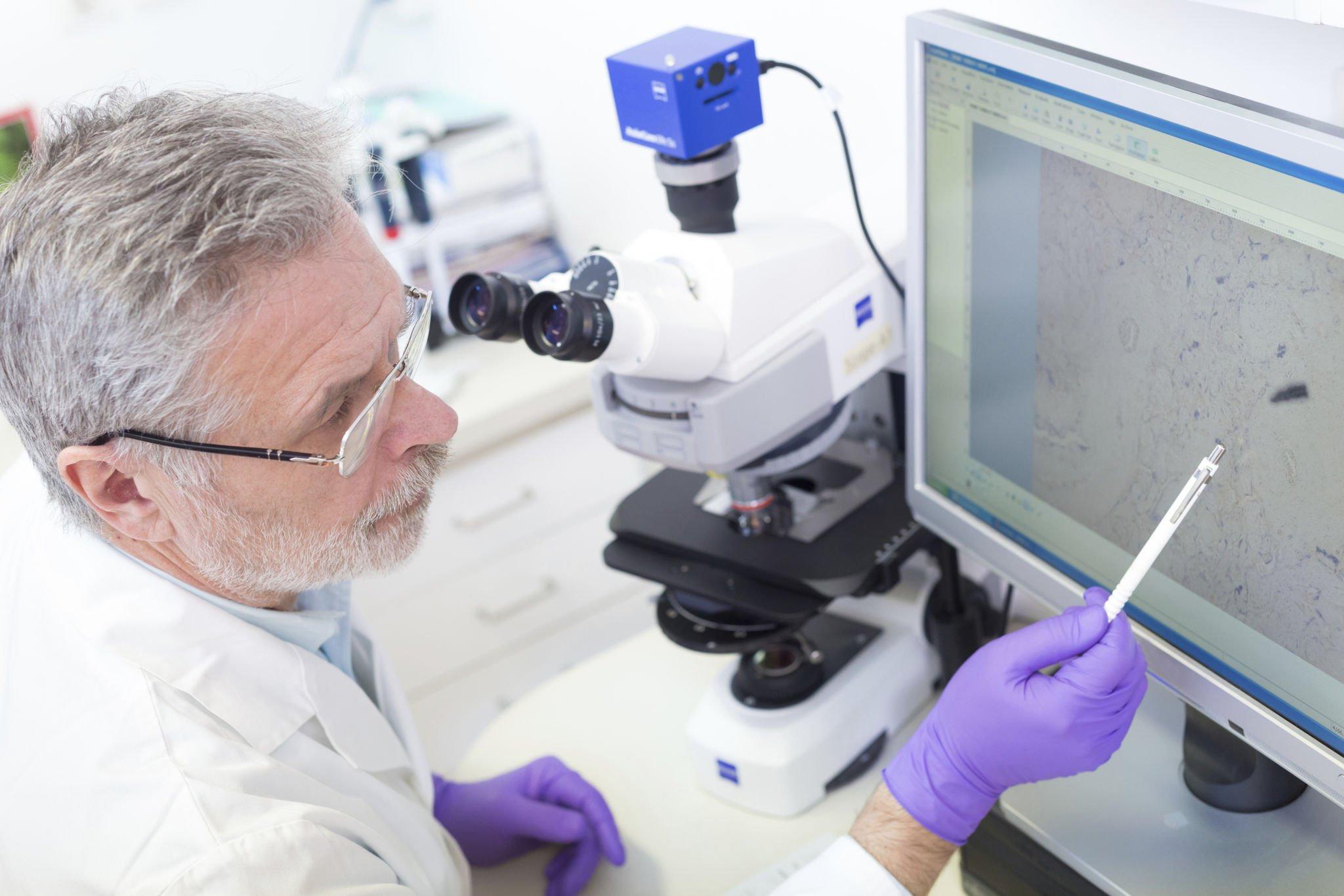Forensic engineering encompasses a wide range of services that aim to determine the cause and scope of various damage or construction defects. AEC industry professionals who conduct these types of investigations are called forensic engineers.
As explained by experts from VERTEX, a global leader in construction consulting services, a forensic engineer’s job is to apply knowledge and experience from their fields to determine the cause of failure of a particular structure, component, or material, and sometimes to help design a repair solution.
Simply put, they collect data and use it to analyze the situation and discover what went wrong and why. After they’re done with the investigation, they complete a report that can be used to build a case for various legal proceedings.
For example, they can be used to substantiate or defend against a claim in litigation or arbitration. Forensic experts can also be deposed and testify in court as expert witnesses about the findings of their report.

Who needs forensic engineering services?
Forensic engineers provide their knowledge, experience, and expertise to various legal professionals, and they are most often retained by plaintiffs or defense counsels in civil litigation cases.
Aside from lawyers and law firms, forensic engineering services may be hired by:
- Insurance companies
- Government investigators
- Underwriters
- Banks and financial institutions
- Builders and contractors
- Project consultants
- Product manufacturers
- Auditors
Why and how is forensic engineering conducted?
Forensic engineering can be conducted in case of certain catastrophic events that cause significant damage to buildings and other structures, like earthquakes, hurricanes, floods, or large explosions and fires.
These investigations are usually requested by insurance companies, adjusters, sureties, or law firms. Their scope is either to investigate and conclude the reason behind a particular failure or to assess the damages.
They achieve this by tracing out all the steps that lead to the incident in question and using all the father data to determine the general cause and describe a chain of incidents that resulted in an undesirable outcome.
The forensic engineering process consists of evidence gathering, data collection, failure analysis, testing, and statistical analysis. To be able to keep track of all the moving parts, a forensic engineer needs vast knowledge and experience in their field of work.
There are three phases to this process:
- Evidence gathering: involves the research and/or site visit of the property in which the incident took place, site organization, scene preservation, and hazard assessment.
- Data analysis: is the initial appraisal of the incident and determines the extent of the investigation. This involves making a detailed plan and forming a team of necessary experts who must maintain objectivity.
- A report: is the result of a forensic investigation that lays out all of the gathered data and connects it into an accurate explanation of what happened and how it led to the investigated incident. In addition, the report presents the nature and cause of failure and serves as a basis for potential expert testimony in court, arbitration, or some other type of proceeding.
What are the main types of forensic investigations?
A broad scope of incidents may require forensic investigation and analysis. Each of them is conducted by experienced experts in the field and then analyzed by a team of experts from various areas to connect all the data into a comprehensive report that can be presented as evidence in court or some other type of procedure.
The most common reasons for forensic investigations include:

- Property Damage claims
- Personal injury claims
- Equipment failure
- Product liability claims
- Contractor liability claims
What do forensic consultants usually investigate?
Depending on their field of expertise, forensic consultants can investigate distinct types of failures and deficiencies:
- Structural damage or failures
- Materials analysis
- Equipment failure
- Product failures
- Transportation accidents
- Construction defects
- Engineering standard of care assessments
- Mechanical failure analysis
- Accident reconstruction
- Electrical failures
- Fire and explosion investigation
- Natural gas incidents
- Environmental disasters
- Energy and renewable system failures
- Geotechnical analysis
It’s clear that forensic investigation requires comprehensive knowledge of many different areas, the ability to solve problems, and extensive experience.
Reporting is also an essential part of every forensic investigation, as the ability to explain complicated technical findings in simple and understandable terms can make all the difference when presenting a case.









